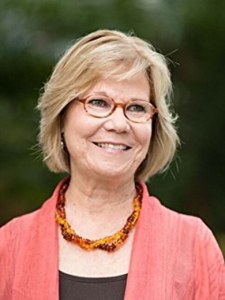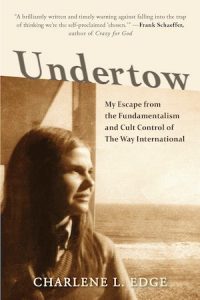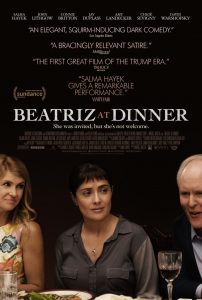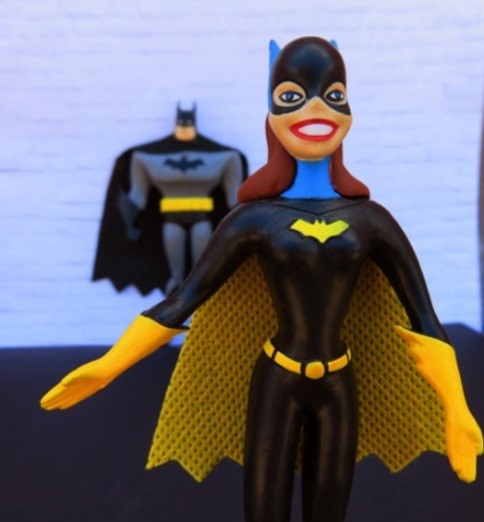
After last week’s introduction to the seductive power of the fundamentalist cult “The Way International” and the practice of speaking in tongues, in this installment, readers will find out more about both Charlene Edge’s “faded scars” as well as memories of happier times while serving The Way. Charlene also shares insider perspectives on The Way’s teachings and comments on her relationship to religion and spirituality today. One of this talented memoirist’s greatest passions has become her mission to warn people about The Way, a non-profit organization that not only controls all aspects of its members’ lives, but also their purse strings.








 We first see Beatriz (Salma Hayek) going through morning chores, feeding her dogs, and lighting a candle for deceased loved ones, including her dead goat. She’s in a rush to her work in a holistic healing firm. Her last patient of the day is a house call for a massage for Kathy, a wealthy woman in a gated community.
We first see Beatriz (Salma Hayek) going through morning chores, feeding her dogs, and lighting a candle for deceased loved ones, including her dead goat. She’s in a rush to her work in a holistic healing firm. Her last patient of the day is a house call for a massage for Kathy, a wealthy woman in a gated community.

